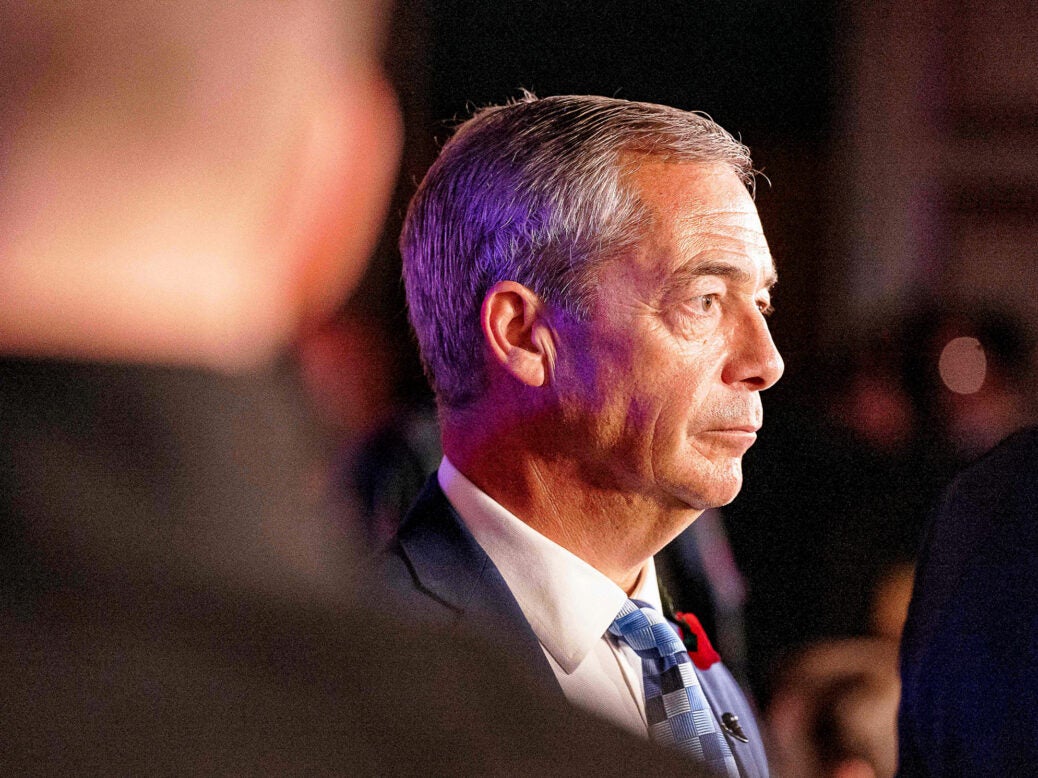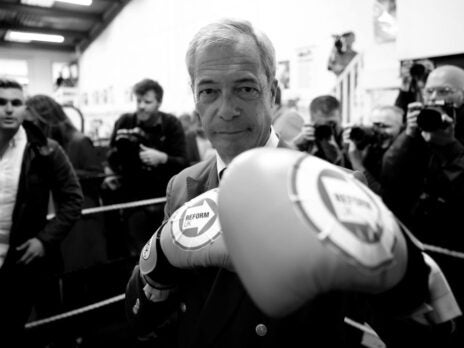
Immigration is not on the political agenda in the way as it was ten years ago – or as it was during the 2016 EU referendum. The public are not as concerned about it as they used to be and attitudes have softened significantly since the Leave vote.
Nonetheless, the UK as a whole is still in favour of restrictions. Unlike in 2015, however, there is no right-wing vote accounting for 10 to 15 per cent of the country in need of appeasing – as David Cameron tried to do by calling the referendum. That vote is now either in the apathetic bracket or ensconced comfortably within the Conservative Party. In one sense, the right is united. In another, Britain has moved on. The divides of the last decade are no longer applicable.
News coverage of migrants crossing the Channel to Britain has pushed immigration back up the agenda among voters, however, and has driven increased support for the Reform party, successor to the Brexit Party. According to our poll tracker Reform, led by Richard Tice, is on 5 per cent, up from 3 per cent in September. One pollster has the party on 9 per cent, and another has them on 8, but most others (Deltapoll, Redfield and Wilton, YouGov, Survation) have them between 3 and 5 per cent. Almost all of those defecting to the party voted Conservative in 2019.
Reform's rise is minor, but for two pollsters – both relatively new to the UK polling scene, it should be said – to have them rising by more substantial margins is curious. We shouldn't rule out the potential that immigration has pushed Tory supporters to go Reform, but I'd mark the likelihood of the party reaching close to 10 per cent support as low.
A Public First poll done for the Daily Telegraph also feeds the narrative of a resurgent right. It found that as many as 28 per cent of voters said they would consider voting for an anti-immigration party with Nigel Farage at the helm.
That is quite the headline. Farage's return could transform British politics once more – apparently. These numbers need to be put into context, though. At the time of writing we did not yet have the full data from Public First, and I fear “could” is pulling a lot of weight. They ask voters whether they would consider voting for a Farage-led party. Compare that to similar questions, about how likely people would be to vote Conservative or Labour on a scale of 0 to 10 – 0 being never and 10 being certainly – and 28 per cent doesn’t look all that impressive.
YouGov has found, for example, that just 41 per cent of voters would never consider voting Conservative, compared with 23 per cent for Labour. I could write that up saying that everyone who put between 1 and 10 could vote for my party of preference, so I could say that as many as 59 per cent of Britons are right now considering voting Conservative, compared with an eye-watering (apparently) 77 per cent considering voting Labour.
That wouldn't mean much, because it gives equal weight to the 1s and the 10s. And voters saying they “could” do something is no guarantee that they will, or even a suggestion that they probably will. So 28 per cent saying they could vote for Farage isn’t all that imposing.
The Public First poll did find that 12 per cent of people would be “very interested” in voting for the hypothetical new party. These would come, it seems, disproportionately from the Conservatives, similar to the numbers currently going to Reform. Farage's return, in essence, would give a higher profile to the same kind of offer made by Tice and the Reform party. But it wouldn’t hurt the establishment parties like it used to. Those that went from Labour to Ukip and non-voting to Ukip in 2015 have since shifted near wholesale to the Conservatives. Those enamoured with Farage since the referendum found comfort in Boris Johnson, and either stayed there, or drifted away from voting altogether.
The end of free movement and the worst living standards crisis on record mean immigration is far less prominent than during Ukip’s heyday. As a consequence, a new right-wing party is unlikely to enjoy the same fanfare and momentum as in the past.
Tory voters are apathetic, true. They may be ripe for poaching, but they need to be motivated by immigration. There’s as yet little sign enough are. We’re not living in 2015 anymore.
[See also: Given Labour's poll lead, are the Tories finished?]


